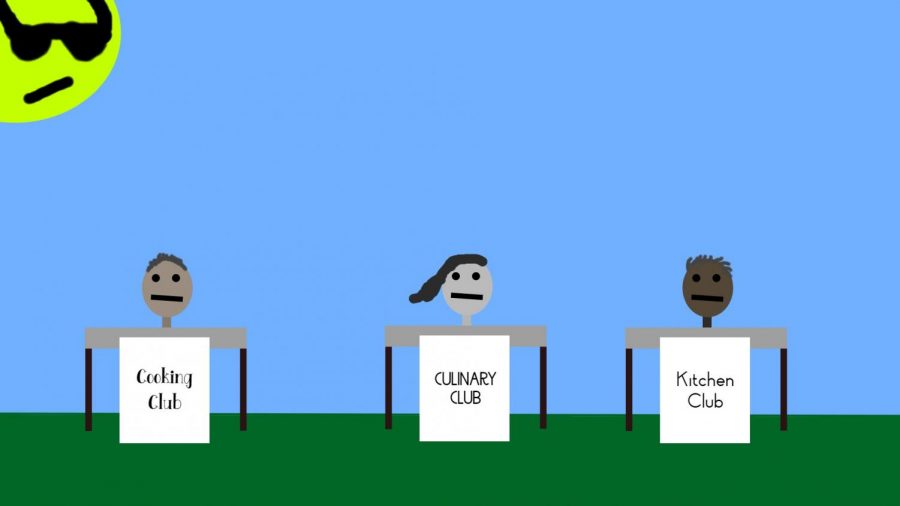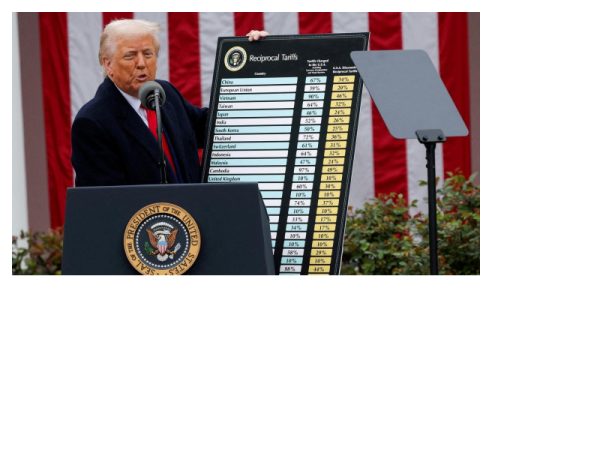Clean Out Conflicting Clubs
Several clubs at Irvington serve extremely similar purposes, to the point where members and resources are spread far thinner than they need to be. Credit to Jay Phatak for the sun idea.
In the last few years, many at Irvington have been noticing an alarming trend. New clubs are popping up left, right, and center, often with events and activities that clash with already existing ones. The proliferation of a practically unlimited number of clubs at Irvington is damaging both to the strength of individual clubs and the value of officer positions, while providing essentially no benefits to the school.
The existence of many small clubs in the same field competing against each other for membership, as opposed to one large club, is detrimental to students. The most obvious reason for this is that larger clubs generate more revenue (through membership costs, sales, and fundraisers, among other things), and therefore have more resources to allocate to members than smaller ones. Currently, for example, DECA is sitting on an enormous stockpile of over $25,000, far greater than the median club balance of $470. Thus, large clubs can easily subsidize a significant chunk of tournament or other event costs, making them cheaper for their members (as, for example, Quiz Bowl currently does). They can also afford to buy specialized equipment, software, and other useful services. If students interested in a field are split between multiple small clubs, instead of one big one, these small clubs will each have comparatively fewer members and resources. Costs for the average member will be substantially higher.
The poster child for club redundancy at Irvington is the Computer Science field, with no less than four clubs competing for members while holding similar events and participating in similar activities (hackathons, guest speakers, etc). If these clubs were all rolled together into one club, that new club would be one of the largest and most well funded on campus.
This is not to mention that, especially in competitive areas, larger clubs have a far greater chance of advancing to higher levels (such as State or National) due to their greater pool of talent. That gives members more opportunities to go to higher level events that smaller clubs would have been unable to qualify for. It’s no surprise that Irvington Debate, which is the #2 debate team in the nation (though they claim they’re #1), is also the largest club by membership at Irvington.
As if all this wasn’t enough, having so many clubs, many with very few members, degrades the value of officer positions. Officer positions are seen as prestigious and give a tangible boost to college applications due to them being relatively rare; after all, you have to have risen through the ranks on your own merit to become a club officer. Now, anyone can just make their own club and claim they’re the president, getting that vaunted leg up on college apps without actually putting in the time or effort necessary. In the long run, this is like inflation; it will steadily erode the value of club positions over time, harming those who did actually put in the time and effort that club positions typically entail.
This trend of creating new clubs purely for officer positions is also problematic because such clubs tend to fall apart relatively quickly after the founders leave. In a sense, these clubs are not authentic – they are not dedicated to providing new opportunities for their members, but instead are a vehicle to launder officer positions. Thus, they are actively harmful to the school, wasting time members could use to participate in more worthwhile clubs.
Some people may argue that having more clubs can result in more people being able to find the specific things they love, but removing club redundancies won’t change that.
When 2 or more clubs are doing the same activities and engaging in very similar events, cutting one out will not affect the ability of people to engage in these things. It is true that some clubs may have an extremely small niche that is actually unique, but those can be merged with a bigger club to bring that niche more funding and more interest; for example, History Club could be merged with Quiz Bowl, which already has a history bowl section.
Irvington today has a problem with too many clubs on campus; removing club redundancies will benefit everyone, especially students. A healthy community of large clubs will serve the interests of the population far better than the current mishmash of over 60 clubs, many of which are tiny and focused on exceedingly narrow topics. And contrary to the beliefs of detractors, this paring down will come at no cost to student opportunity.
Vivek Garg provides commentary as to why the current club at Irvington High should be kept here.







